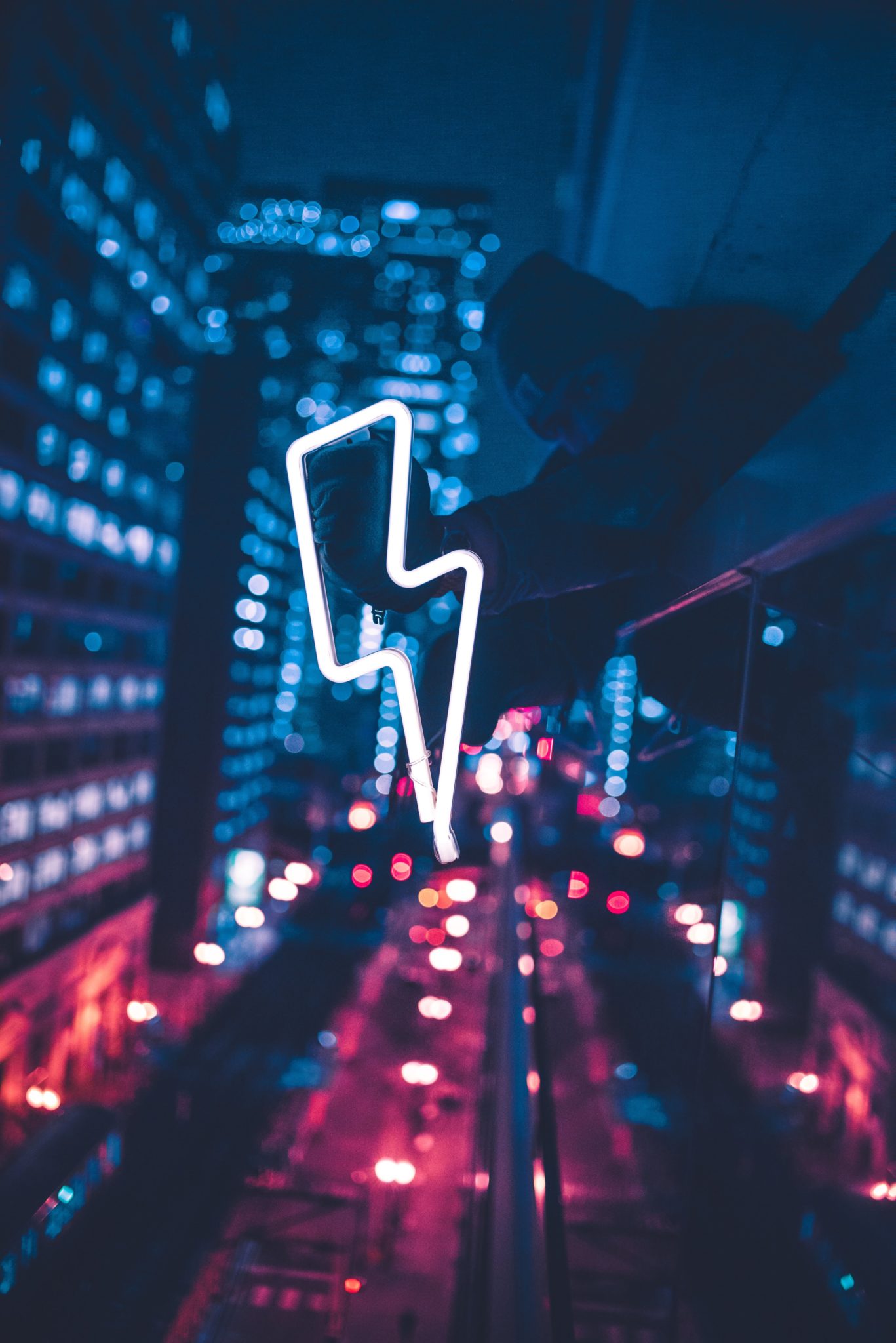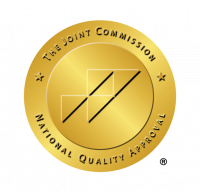Most addictive substances fall into one of two categories: stimulants (“uppers”) or depressants (“downers”). These terms refer to the opposite effects each category has on the central nervous system, which consists of the brain and spinal cord.
As a substance, alcohol may seem to fit each category at different times. It’s associated with partying and being social, but it can also slow down motor function and make you sleepy. So, is alcohol a depressant or stimulant? In this post, we’ll answer that tricky question and discuss how alcohol impacts the brain and body.
What Is a Stimulant?

Stimulants speed up or “stimulate” the body’s systems, particularly the central nervous system. They produce feelings of euphoria and alertness, and they may accelerate heart rate and raise blood pressure. Other common side effects include loss of appetite and long periods of wakefulness.1
This is why people often wonder, “Is alcohol a stimulant?” It has some stimulant effects—like feelings of euphoria and alertness, increased heart rate, and a boost in energy and confidence.
Legal substances like caffeine and prescription drugs fall into this category, along with illegal drugs like cocaine. Well-known stimulants include:
- Nicotine
- Prescription amphetamines (e.g., Adderall and Ritalin)
- Ecstasy/MDMA
- Methamphetamine
- Crack cocaine
Often, people engage in patterns of binge use with stimulants.2 Tolerance and dependence can rapidly develop. Long-term use may lead to paranoia, panic, agitation, and aggression. Excessive doses of stimulants can result in dizziness, chest pain, vomiting, high fever, convulsions, cardiac arrest, and death.
However, mild stimulants like caffeine and nicotine, while they may give you an energy boost, don’t cause the extreme reactions of illegal stimulants. And when taken as prescribed, medications like Adderall won’t cause extreme effects either.

Schedule a private call with a Ria Health team member and we can help you get started.
What Is a Depressant?
On the other hand, depressants slow down or “depress” the central nervous system. They slow brain activity, resulting in a calming effect and feelings of drowsiness. Side effects may include light-headedness, dry mouth, blurred vision, impaired reaction time, difficulties with memory and movement, lowered blood pressure, and slowed breathing.3
This is why, despite having some stimulant effects, people also wonder, “Is alcohol a depressant?” or “Is alcohol a downer?” After that initial jolt of euphoria, alcohol can slow mental processing, cause slurred speech, and lead to relaxation and drowsiness—all depressant effects.
Like stimulants, depressants range from legal to highly illegal substances. Common depressants include:
- Benzodiazepines (e.g., Xanax and Valium)
- GHB
- Barbiturates (e.g., phenobarbital and secobarbital)
- Heroin
- Fentanyl
- Prescription opioids (e.g., Vicodin and OxyContin)
People who misuse depressants gradually need larger doses to achieve the same effect. This can lead to dependence. If a dependent individual abruptly stops taking these drugs, withdrawal occurs. Withdrawal from depressants can cause dangerous consequences like seizures, and it is sometimes fatal.
Excessive doses of depressants can cause breathing to slow too much or stop entirely. When this occurs, the brain does not get enough oxygen. This is called hypoxia and can lead to coma, permanent brain damage, and death.4 When taken as prescribed, depressants are unlikely to cause these effects. But they are highly addictive substances, and many people abuse prescription depressants.
Is Alcohol a Stimulant or a Depressant?
Even with the information above, you may still be wondering: Is alcohol a stimulant, or is alcohol a depressant? Is alcohol an upper or downer? Alcohol is technically considered a depressant, but it’s true that it has both stimulant and depressant effects.
Stimulant Effects of Alcohol: Is Alcohol a Stimulant?
When you drink alcohol, the initial effects may feel more like a stimulant. Alcohol signals the release of the “feel-good chemical” dopamine in your brain. As dopamine surges, you may experience a burst of energy, excitement, and confidence. You might feel happy or even giggly.
Dopamine is an essential chemical in the brain’s reward system. It rewards you with feelings of euphoria and energy when you eat, sleep, have sex, or do other activities necessary for our survival as humans.5 But substances like alcohol and other drugs also trigger a release of dopamine.
This is why alcohol initially feels like a stimulant–and why it can lead to addiction. The brain is programmed to seek the “reward” again and again, motivating you to keep drinking, or seek more alcohol.
Alcohol can also raise your heart rate, elevate blood pressure, and increase alertness. Sometimes, it even leads to aggression. These are all typical symptoms of stimulants. The strength of these effects depends on factors like your age, sex, weight, and tolerance to alcohol.
Depressant Effects of Alcohol: Is Alcohol a Depressant?
Despite these effects, alcohol is more depressant than stimulant. Have you noticed that your reaction times and thinking are sometimes slower when drinking? Or that your speech becomes slurred? Do you go from feeling energized to feeling sleepy?

Alcohol is classified as a depressant drug because it slows your central nervous system. This is partially a result of how ethanol, the main ingredient in alcohol, acts on the neurotransmitter GABA.6 GABA is a natural brain chemical that slows the flow of information in your nervous system, helping you feel calm and relaxed.
Because alcohol impacts your GABA receptors, drinking excessively interferes with the communication pathways in the brain—causing difficulty with speech, balance, judgment, and memory. In more severe cases, alcohol also interferes with critical functions like temperature control, heart rate, and breathing.
Excessive drinking can result in an alcohol overdose. Symptoms include trouble breathing, a slowed heart rate, low body temperature, extreme confusion, and difficulty staying conscious. Alcohol overdoses can lead to permanent brain damage and death.
Alcohol’s Depressant Effects and Your Health and Safety
When it comes to the question, “Is alcohol a stimulant or depressant?” the final answer is that it’s a depressant.
Despite some stimulant effects, alcohol is classified as a depressant drug because it has similar short- and long-term impacts to other depressants. Alcohol can slow your reaction time, putting you at greater risk for accidents. And if you combine it with other depressants, you should expect a magnified, and often dangerous, effect on your nervous system.
On top of the short-term risks, alcohol’s depressant effects on your brain have some long-term consequences. Chronic alcohol misuse often causes an imbalance in GABA (one of your body’s natural calming neurochemicals). This can cause your nervous system to become overstimulated if you stop drinking, with consequences ranging from mild anxiety to seizures.
In other words, if you choose to drink alcohol, you should expect consequences similar to other depressants. In moderation, these effects may be pleasant. But chronic or excessive drinking will impact your nervous system negatively in some of the same ways other depressant drugs will.
If you’re struggling with your alcohol use and would like to cut down, there are new solutions available, including online treatment. Ria Health offers customized support to reduce your drinking through an app on your phone. Learn more about how it works.
References[+]
| 1↥ | https://www.dea.gov/sites/default/files/2020-06/Stimulants-2020.pdf |
|---|---|
| 2↥ | https://www.ncbi.nlm.nih.gov/books/NBK576548/ |
| 3↥ | https://www.drugabuse.gov/publications/drugfacts/prescription-cns-depressants |
| 4↥ | https://my.clevelandclinic.org/health/diseases/23063-hypoxia |
| 5↥ | https://www.ncbi.nlm.nih.gov/pmc/articles/PMC8992377/#:~:text=When%20rewarding%20stimuli%20are%20experienced,in%20reward%20(Marche%20et%20al. |
| 6↥ | https://molecularbrain.biomedcentral.com/articles/10.1186/s13041-017-0325-8 |




